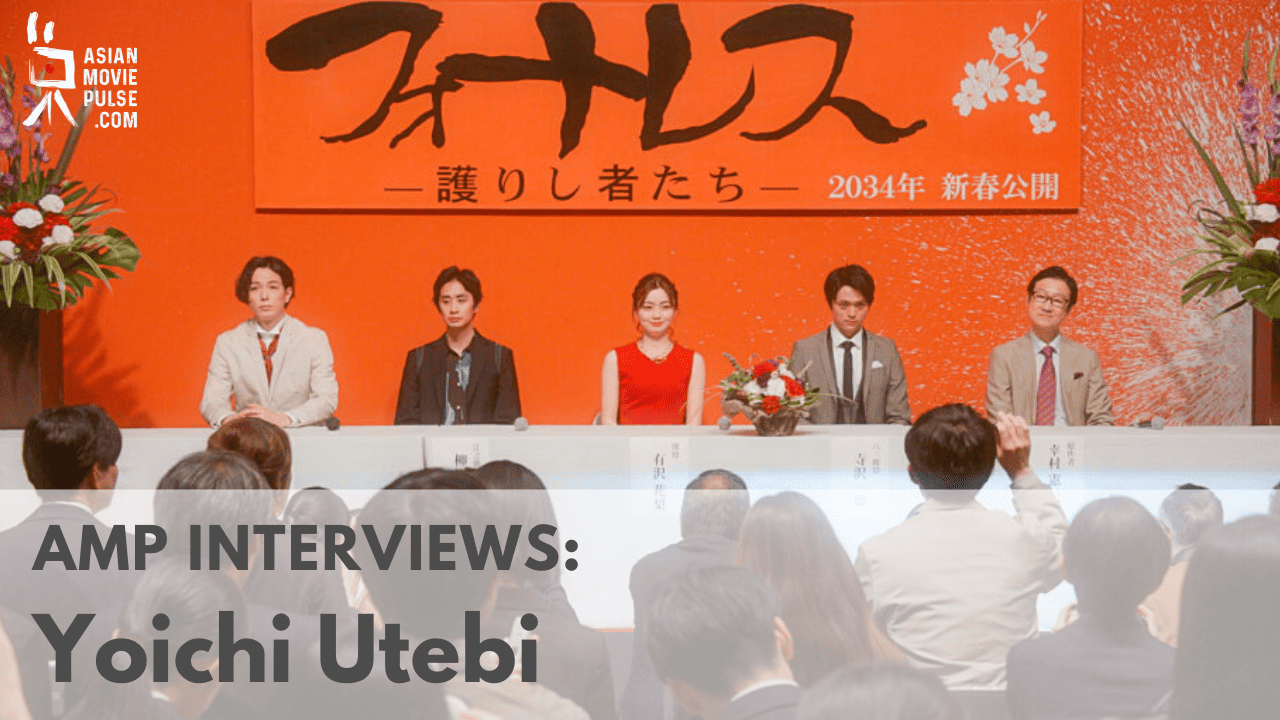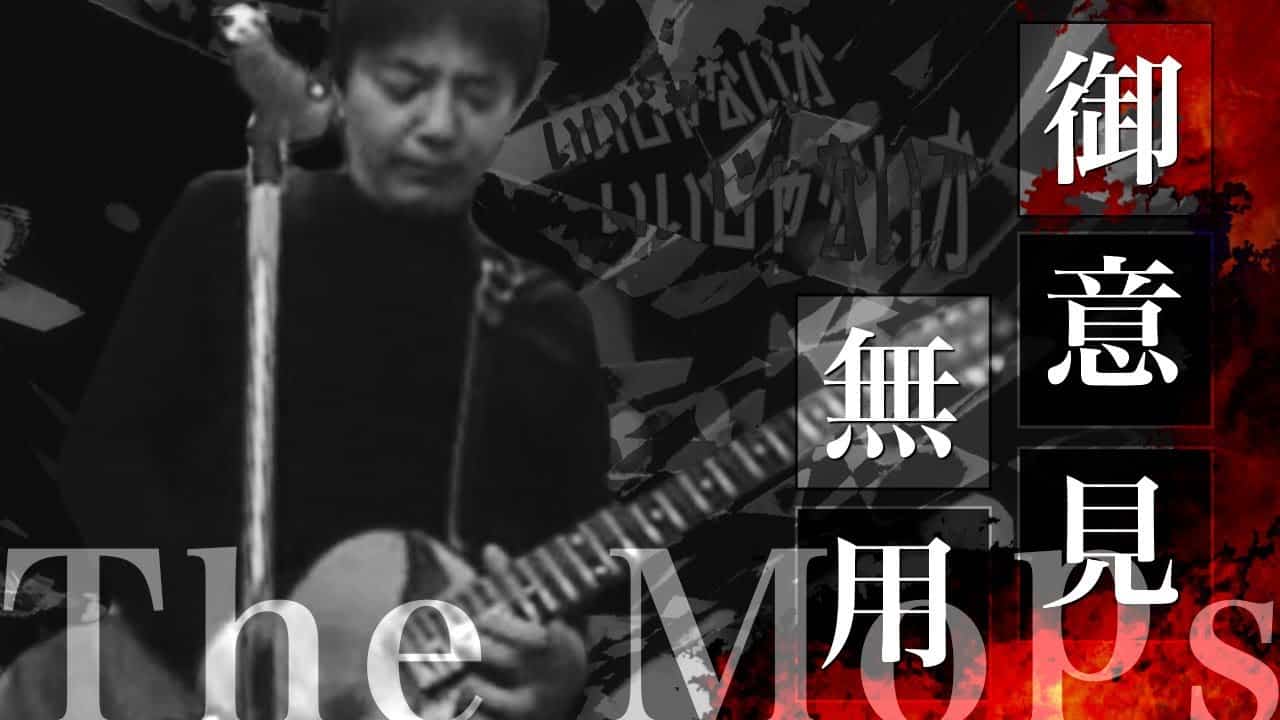12. Interview: Laha Mebow
13. Film Review: Greenhouse (2022) by Lee Sol-hui
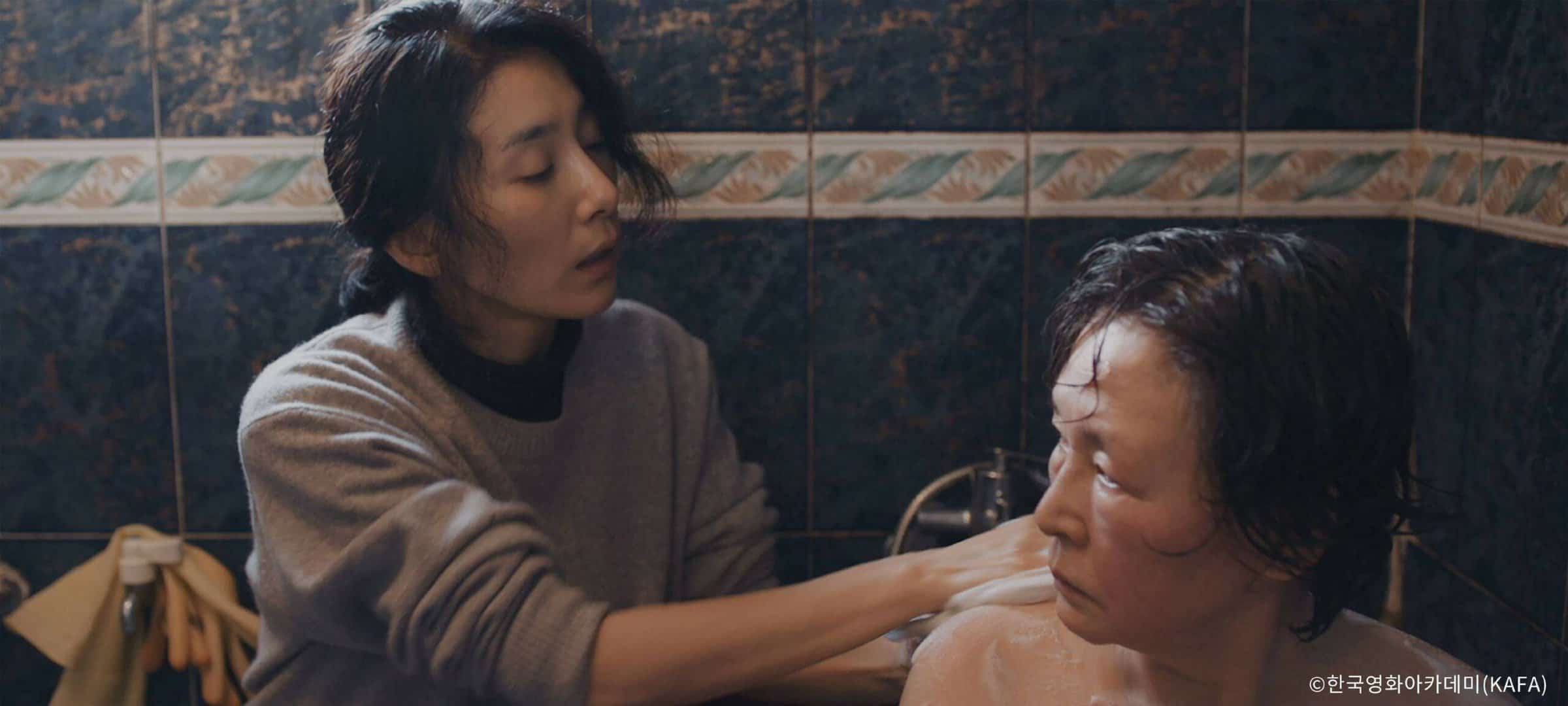
For the second half though, Lee shifts gears, and what was until then a drama swiftly becomes a thriller after the aforementioned mishap. The transition between the two, in particularly, is well handled, flowing smoothly from one to the other because it builds to it gradually. This segment borders on the fantastical at times, as Moon-jung gets increasingly fraught but Lee just about manages to make it work and keep the audience wholly invested. These fantastical elements also serve a dual purpose in making the feature darkly comical, a treatment which works to its overall appeal. Somewhere in all of this, in a theme that runs throughout the narrative, Lee explores disability and particularly living long with it, an aspect that is particularly well done through Tae-kang's storyline in the latter half. (Rhythm Zaveri)
14. Interview With Lee Sol-hui
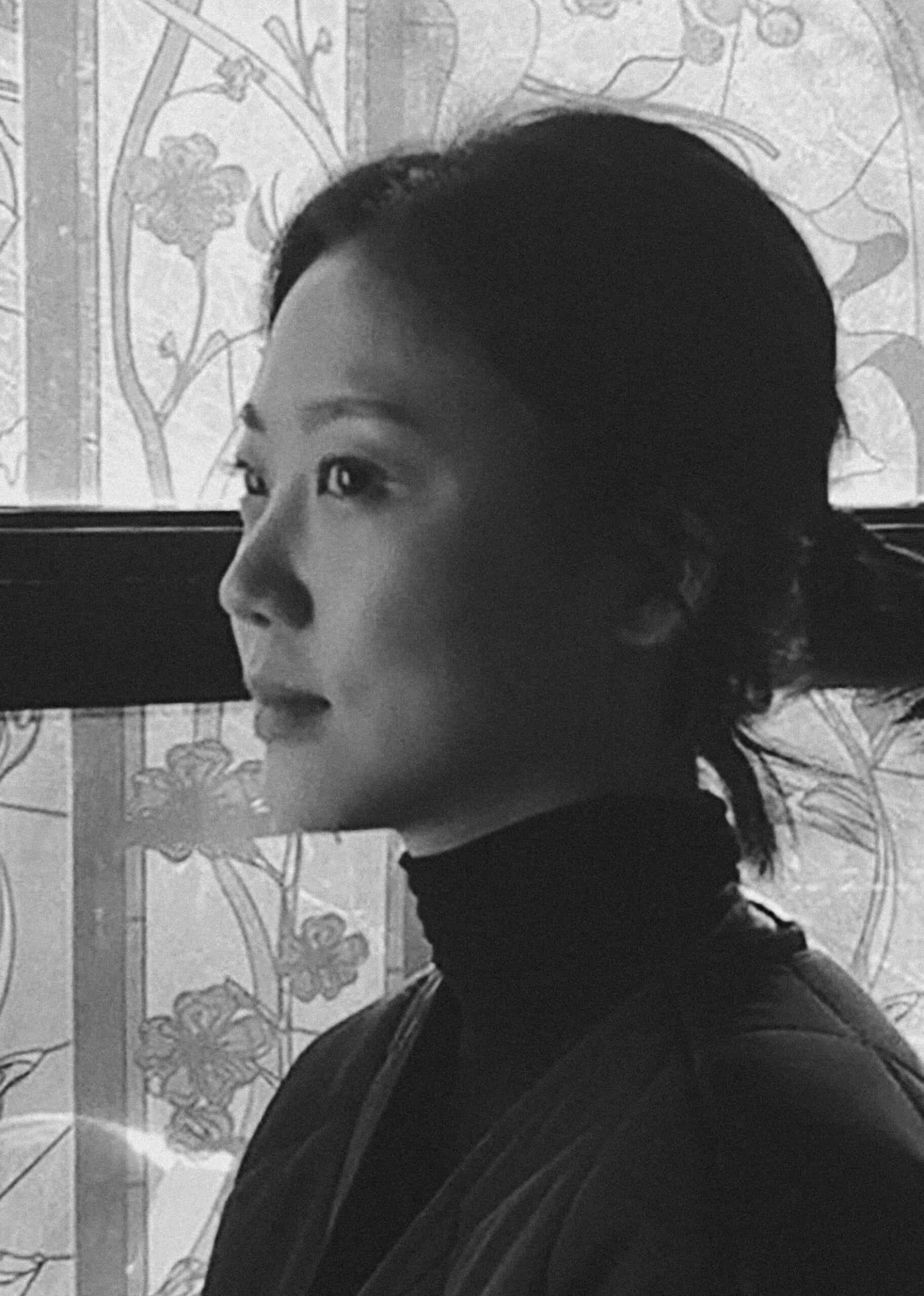
Very frequently, directors who move from shorts to features tend to include many episodes in their narrative, in a way that looks more like a collage of different ideas than a compact story. In your case though, the episodes are excellently combined in the narrative in the most organic fashion. How did you achieve that?
Thank you for your observation and I think that this is one of the things I learned in the Korean Academy of Film Arts, which is known to be very unforgiving, brutal, everyday almost. The teachers continue to critique your script through time and the best thing I learned during that experience is to have an objective stance towards my work and to not get so mired in my work. I think that method worked for me and that is why I think I was able to avoid the trap of having a feature film like an expanded version of a short, because I was able to look at my script from a very objective point of view and to be able to revise it in a way that really makes sense as a feature film. (Panos Kotzathanasis)
15. Film Analysis: A Woman (2022) by Wang Chao
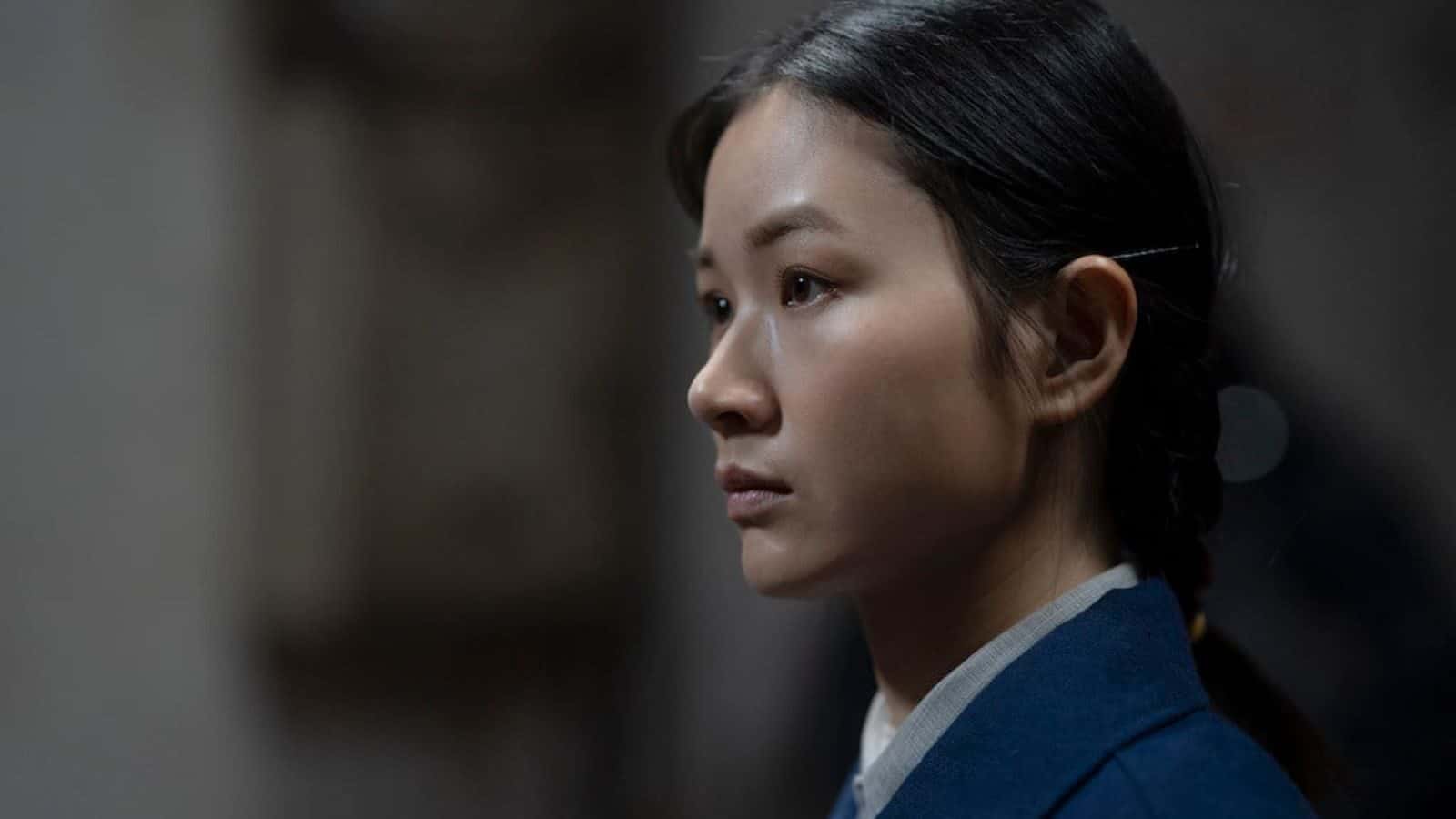
The most evident one obviously refers to the status of women in an intensely patriarchal society as the Chinese, where the women were (are?) expected to marry into their husband's family, and essentially serve his whole family, while bearing as many children as possible. That both her husbands, even during intense fights, still expected her to fulfill her “duty” in the bed highlights this aspect in realistic and occasionally even brutal fashion, in a recurring scene that is quite impactful. The way she resists to everything, but almost always finds herself ‘losing”, with the taking of her son and the betrayal of her second husband, adds equally to her portrait, the aforementioned patriarchy and the blights of a system that focuses on common good in a way that essentially ignores the individual, while promoting behaviors like the aforementioned one. (Panos Kotzathanasis)
16. Film Review: Faces of Anne (2023) by Rasiguet Sookkarn and Kongdej Jaturanrasmee
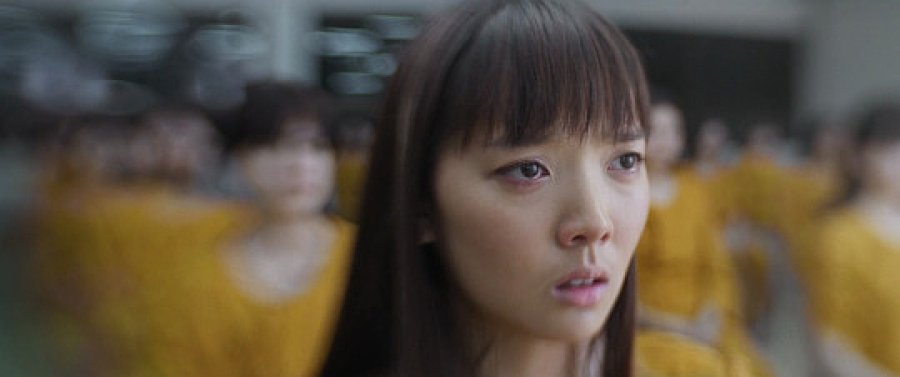
Overall, “Faces of Anne” is a solid enough genre effort. Among the better elements present is a genuinely intriguing concept from writer Jaturanrasamee that provides a framework for a great mystery. The fact that Anne is constantly changing face is an incredibly impactful part of the film, especially once the twist of it all comes into focus later on, and comes off nicely with a wide berth throughout here. It's a creepy enough concept by itself enhanced by the unfamiliarity of the rest of her surroundings. Waking up inside the strange hospital you aren't familiar with, surrounded by a cold, seemingly lifeless staff more interested in carrying out their assignments completes a rather effective setup. When the changes take place, whether it's subtle or explicit, the slightest uptick in Anne's personality provides even more, involving a changing personality to really speak highly of the topical identity issues she faces. These factors combine nicely with some of the later revelations to give this a great overall setup. (Don Anelli)
17. Interview: Areel Abu Bakar and Megat Sharizal
18. Film Review: In Her Room (2023) by Chihiro Ito
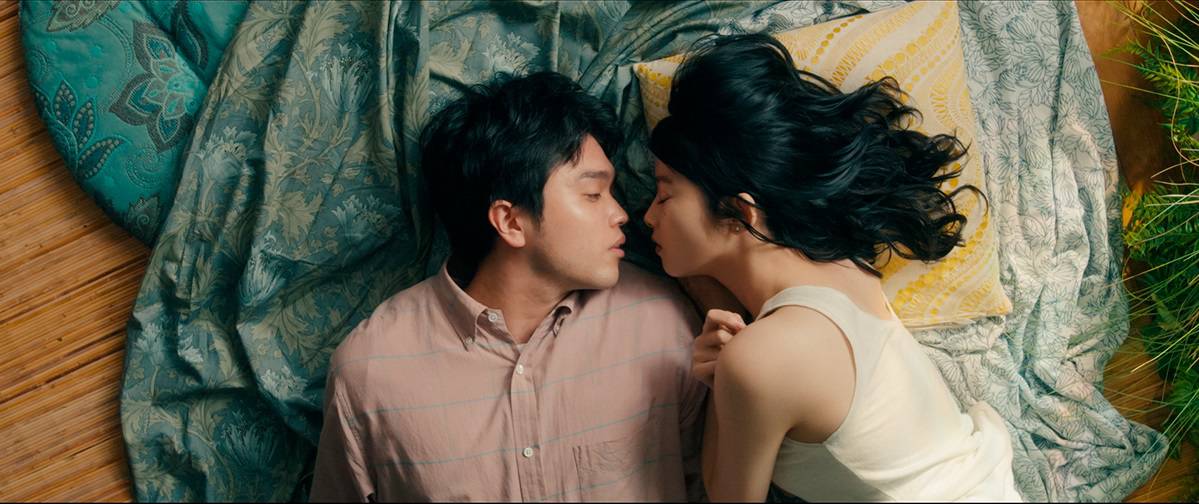
Chihiro Ito delves as deeply as possible in the whole slow cinema concept, with the movie unfolding in a leisurely, hypnotic pace filled with mystery, eroticism and voyeurism, in an approach that could easily be described as dreamy. The presentation of this multileveled atmosphere is probably the movie's most impressive trait, with Ito using all cinematic aspects in her hands in order to implement it, including the editing, the cinematography, the set design and the acting, all of which are on a rather high level. (Panos Kotzathanasis)
19. Film Review: A Tour Guide (2023) by Kwak Eun-mi
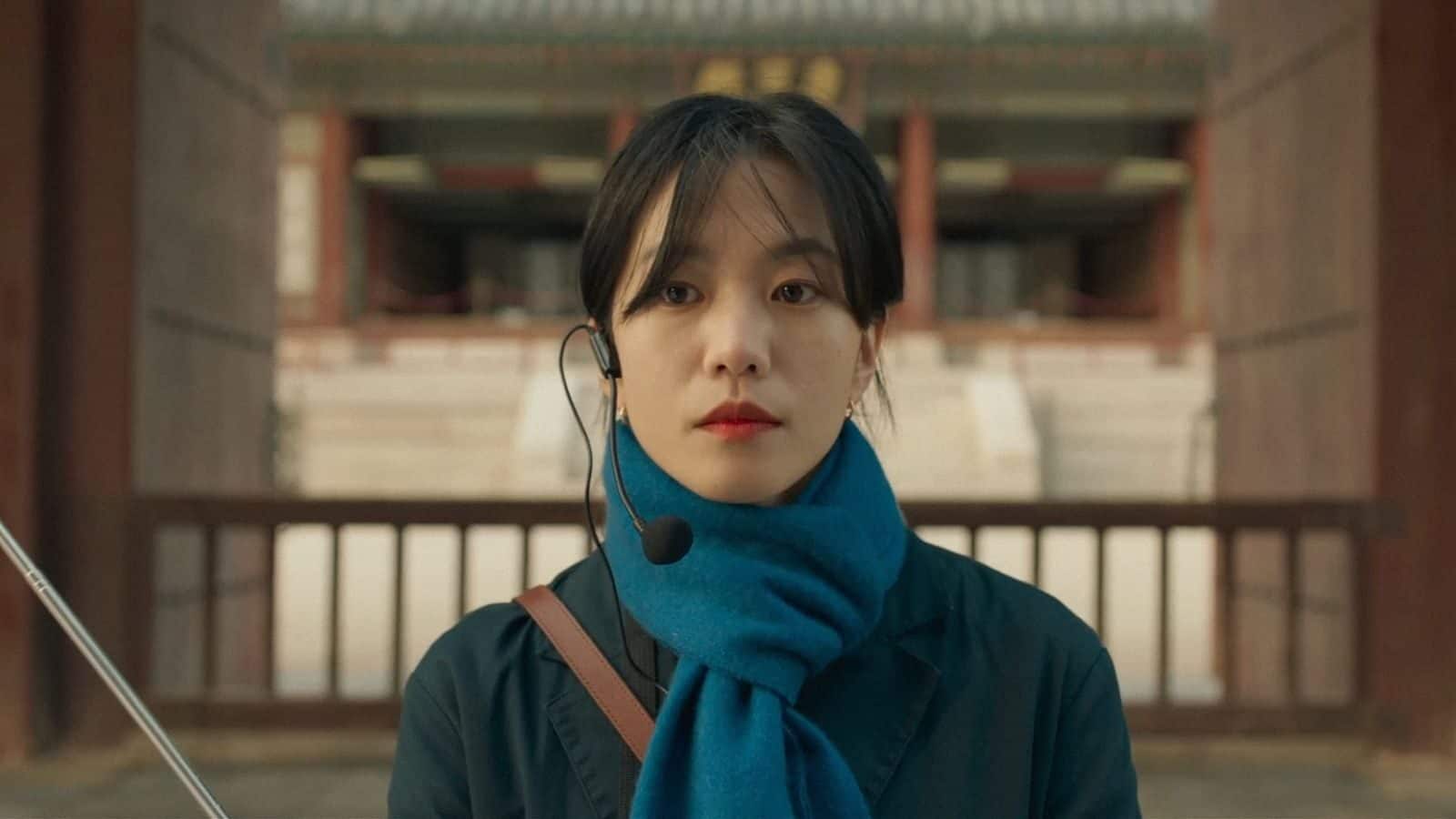
There are two sides to “A Tour Guide”: one is about a lonely young woman left to fend for herself in a harsh society, and the other is a story of isolation on account of nationality, of someone left with nowhere to truly call home. This latter half of the narrative is akin to Isao Yukisada‘s “Go” (2001), and not just for the fact that Han-young is a North Korean defector. You get the feeling that, no matter her efforts, Han-young will never be fully accepted in South Korea. It's this hopelessness that makes the film's ambiguous ending potentially all the more saddening. (Tom WIlmot)
20. Film Review: Bear Man (2023) by Park Sung-kwang
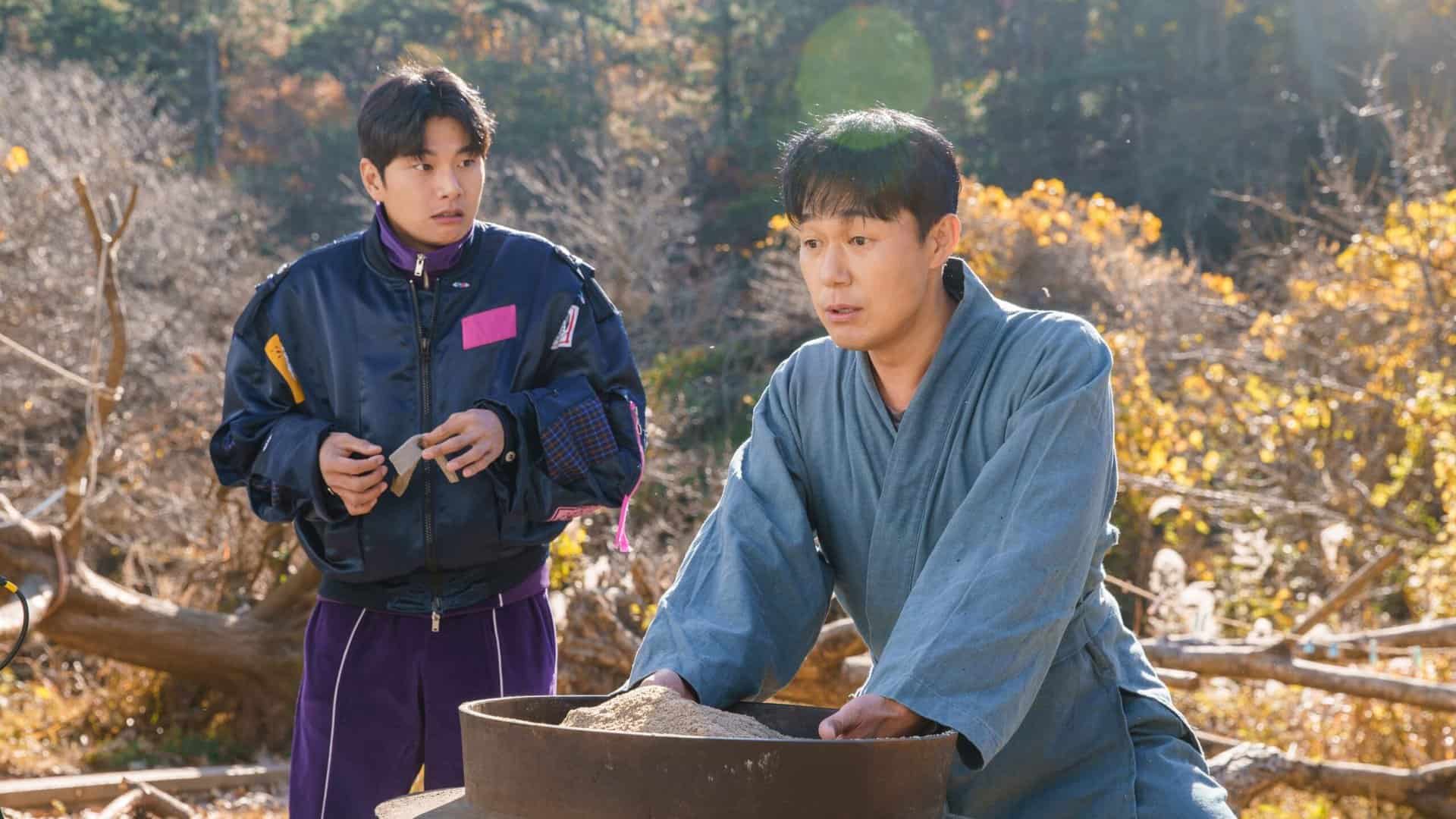
Directed by comedian Park Sung-kwang, this is played for laughs, but as such all ideas feel half-baked, with no one really putting in the effort. It feels a throwback to 90s US comedies, where all characters are caricatures, rather than rounded individuals. As such, you struggle to really feel much for any of them. The plot is rushed and glosses over details, and you spend the whole film knowing which way this will go. (Andrew Thayne)
21. Short Film Review: Fix Anything (2022) by Le Lam Vien
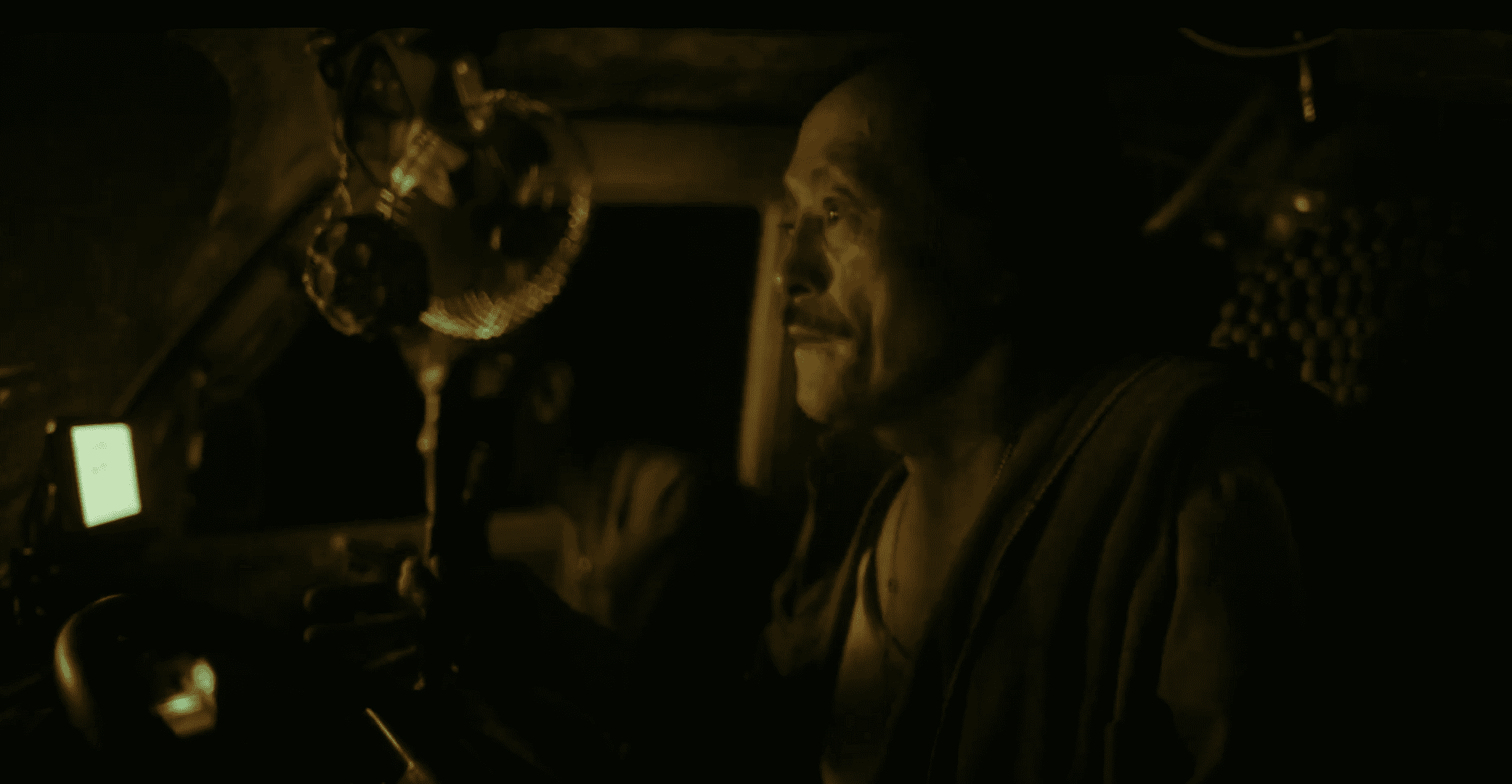
Le Lam Vien creates a very entertaining mashup of genres, with the movie including drama, crime, comedy and sci-fi in a fashion that is as entertaining as possible. The first aspect is more subtle, essentially deriving from the fact that Minh's father has used all his knowledge and mechanical abilities in order to create a machine that will essentially allow him not to pay what he owes. It is this aspect that also provides the main comment of the movie, on how poverty gives birth to innovation, with a secondary one dealing with the concept of memory. (Panos Kotzathanasis)



